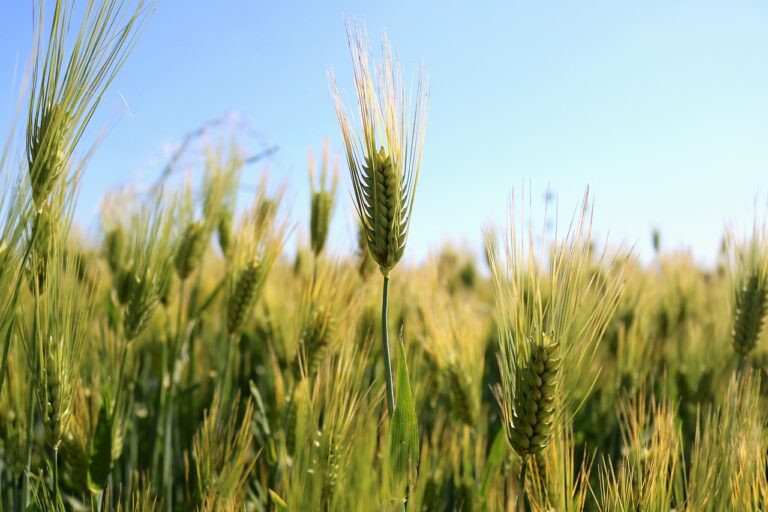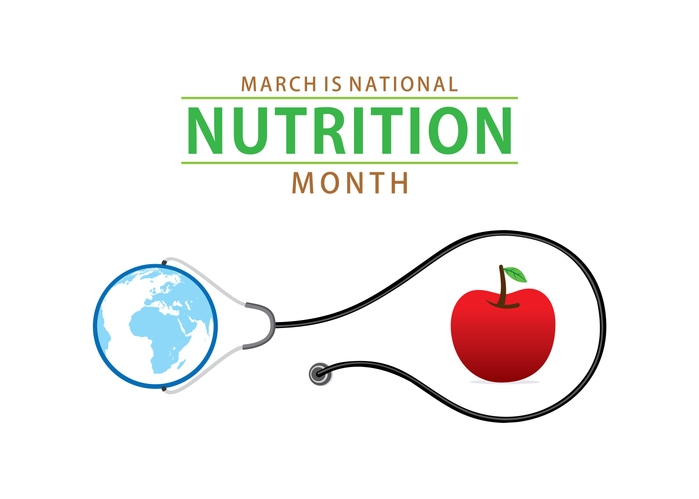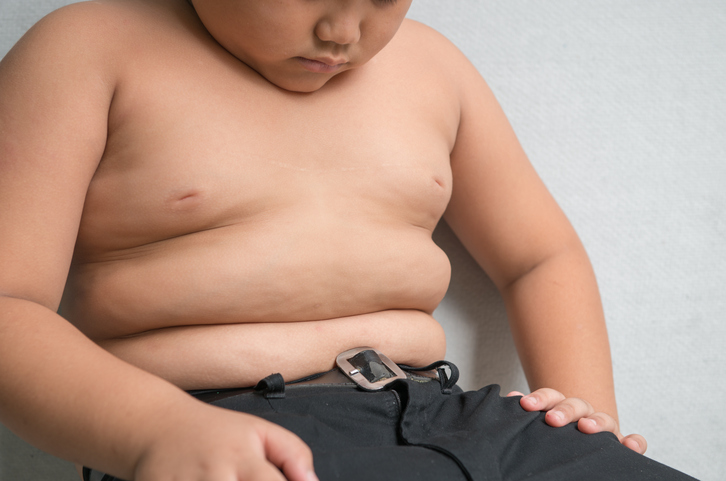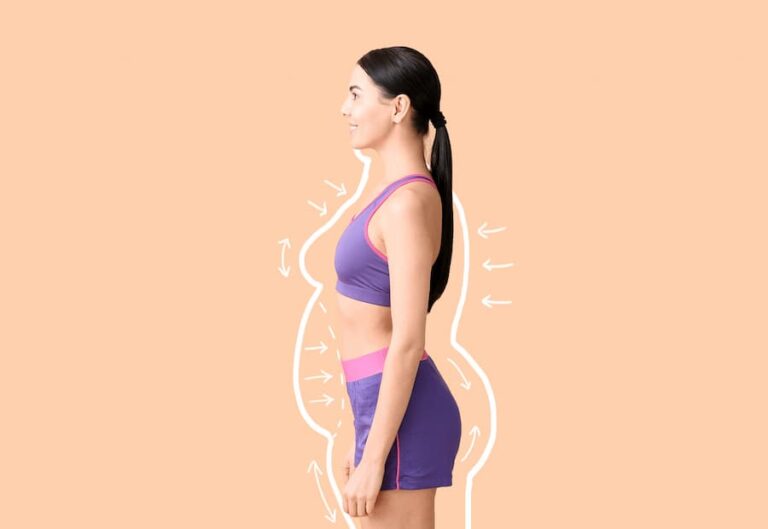How Thanksgiving Can Affect Your Body & Health
Thanksgiving is a time for celebration, but it can be difficult for individuals trying to maintain healthy habits. Weight loss efforts are often at odds with large meals, and bariatric surgery patients in particular are limited in terms of what types of food they can eat. The impact large meals have on your body can be significant, especially if unhealthy eating habits are sustained over time.
Challenges of Weight Loss and Thanksgiving
Research indicates that the U.S. adults tend to gain more weight during the holiday season. While these gains tend to be small, they can accumulate over time, making it important to be extra vigilant this time of year. Bariatric surgery patients often have extra challenges as well due to the immediate impact of big meals.
Short-Term Health Effects After Big Meals
There are a variety of short-term health effects that occur after large meals. While these are usually fairly insignificant for most people, they can be difficult for anyone with certain health problems like diabetes, hypertension, and a history of heart disease.
Increased Blood Sugar
First, the foods present at most Thanksgiving meals tend to result in spikes in blood sugar. The starches present in potatoes, for instance, can cause these spikes, not to mention the many dessert items that are likely present. While most people will only see minor effects from this, individuals with diabetes need to be careful.
Spikes in Cholesterol and Blood Pressure
Naturally, cholesterol, blood pressure, and water retention also tend to increase as your body processes fats and salts after large meals. Individuals with a history of heart disease or who have chronic hypertension may be particularly affected.
Acid Reflux
Overeating can lead to heart burn and acid reflux. For many people, the results of this don’t extend beyond temporary discomfort, but it can exacerbate problems that those with chronic acid reflux often experience.
Dumping Syndrome
Foods high in sugar tend to be harder for the stomach to handle, and this is especially true after gastric bypass or gastric sleeve surgery. As such, sugary foods tend to get “dumped” into the small intestine prematurely, leading to what is called dumping syndrome. Given that 20% to 50% of bariatric patients experience dumping syndrome, it’s important for these patients to keep sugar intake to a minimum.
Long-Term Health Effects of Big Meals
Most of the health effects of big meals are short-term and will typically go away if you return to normal eating habits immediately afterward. As such, a single big meal isn’t usually enough to cause lasting damage unless you already have high blood pressure, diabetes, etc.
However, it appears that most people don’t maintain healthy habits this time of year. Studies show that the average American gains a little over 0.8 pounds over the holiday season, indicating that there’s likely a change in eating habits this time of year. If the extra pounds aren’t lost afterward, that weight can add up over time.
Best Practices for Large Meals After Bariatric Surgery
Fortunately, there are a number of best practices for maintaining weight loss during Thanksgiving, including for bariatric surgery patients. A few of these include the following.
Eat Breakfast
First, it helps to eat breakfast. Starving yourself only leads to overeating later, and it’s best to get your metabolism going early in the day with a healthy meal.
Take it Slow
Second, take it slow. Limit your portion sizes—which is particularly important after gastric surgery—and savor your food. It takes time for your stomach to signal to your brain that it’s full, so taking it slow lets you feel satisfied before you overeat.
Protein First
As is always the case with bariatric diets, focus on protein first. If you’ve only recently had surgery, your diet may be highly limited, in which case swapping in festively-flavored protein shakes or soups may be a good option.
Avoid Certain Beverages
Some beverages are best avoided if you have recently undergone surgery. Avoid caffeine and carbonated drinks within three months of surgery, and avoid alcohol if you’re within six months.
Avoid Excess Sugar
Finally, avoid excess sugar. Sugary or starchy foods can lead to dumping syndrome, resulting in minimal nutrient absorption and high discomfort.
Feel Your Best This Thanksgiving
If you’re at a loss for what to do this Thanksgiving to maintain weight loss, it helps to find support. In some cases, consulting with a bariatric surgeon like Dr. Malladi can help, particularly after surgery. Friends and family can also help you do what you need to in order to feel your absolute best this Thanksgiving.







